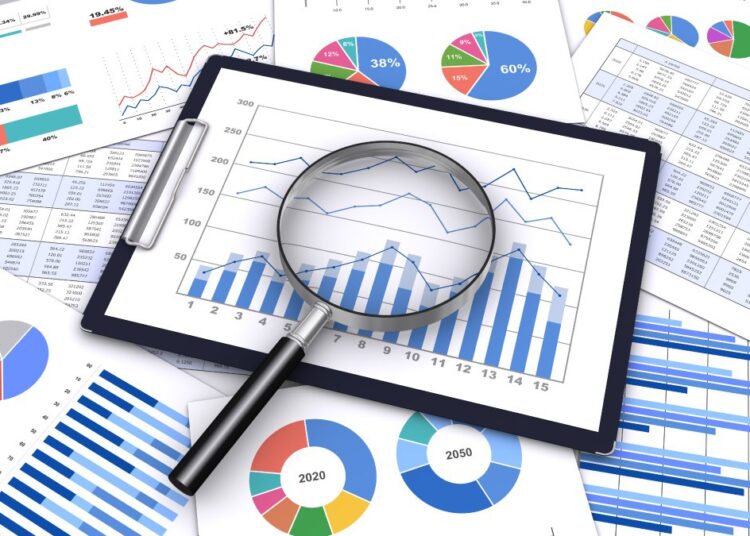Data analytics has become one of the top issues discussed in most big corporations and SMEs sector at the moment. Today, having known the significant roles data play in corporate decision making, many corporate organizations and stakeholders are all trying to flow in the direction of change – data analytics. They now understand that data is key, most especially with the disruption that digital revolution has brought to virtually all sectors in our society. With this new development, it is glaring clear that any organization that would survive must adapt to and embrace data analytics in decision making process.
However, I must mention that data analytics is not a new field as some school of thought have claimed. In short, data analytics is as old as time, even before the ancient Roman empire started taking census. Remember in the bible (though this is not theology paper) in several verses we have Israeli able men being selected for battle. A good example is when the Almighty asked Gideon to select soldiers to fight against the Midianites, if one examines the selection process adopted, as simple as it might look, it was still data analytics. If there was no data analytics from time immemorial, why then do we have the ancient Roman empire counting all colonies and subjects? They were counting so as to have an estimation of tax revenue being expected. This is part of the reason for the census. Though one might argue that this was elementary form of analytics, yet it was still data analytics in action.
The point is that of a truth, data analytics is not a new field; even though some have opined recently and propagated it as a new field. However, what is new in data analytics is its evolution. Data analytics has evolved over the years and it is still evolving. It has evolved from descriptive analytics through to cognitive analytics. While descriptive analytics is the oldest form of data analytics and can be considered as the first generation of data analytics; diagnostic analytics (second phase of evolution) evolved because stakeholders were asking ‘why?’. Why did we have these numbers? Unlike the first generation of data analytics that was only concern about ‘what happened?’.
The third phase evolved because now people want to be able to use numbers to predict next possible event or happenings – Predictive analytics. In predictive analytics, the question is not about ‘what happened?’ or ‘why did it happened?’ rather it is about ‘what could happen in the future?’. With the ability to predict possible future occurrence, then fourth phase (Prescriptive analytics) of data analytics evolved. Prescriptive analytics is a called to action i.e. ‘what should we do in order to change or leverage on the future?’. ‘With what we know, how can we change the future?’.
The next generation analytics (note that some organization are already working themselves into it) is cognitive analytics. Cognitive analytics would be a game changer for data analysts. I will simply put it as data analytics process that thinks for human. If you are thinking we already have that in prescriptive analytics, like some data analyst believe, I will not totally disagree. However, it is way beyond that. This level of analytics purely deals with Artificial Intelligence (AI) at the very high level.
Mukaila Ayuba
Data Analyst/Trainer














